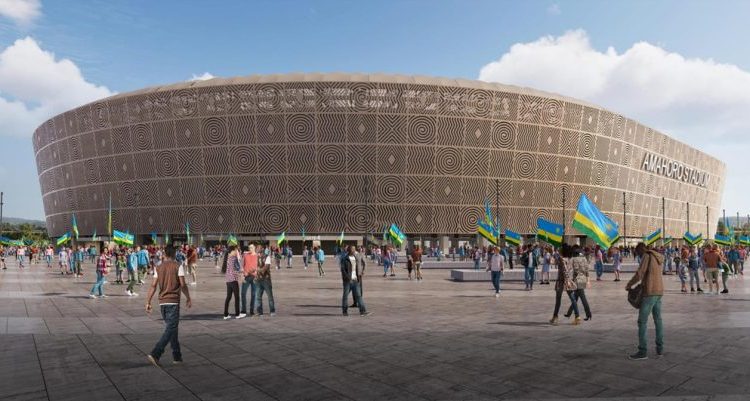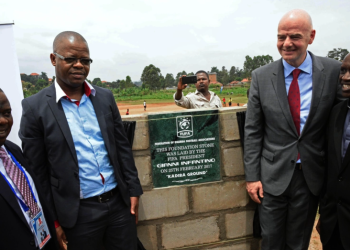As Uganda rides high on hosting CHAN 2024 and gears up for AFCON 2027, Rwanda is quietly rolling out a sports tourism strategy that could change the game in East Africa.
Under its new Sports and Culture Sector Strategic Plan (2024–2029), Rwanda is targeting Rwf 30 billion (approx. UGX 76 billion) in revenue from sports tourism by 2029.
It’s part of a wider national effort to nearly double tourism earnings from USD 620 million to USD 1.1 billion.
The expansion of Amahoro National Stadium to 45,000 seats, the already-active Kigali Arena, the Gahanga Cricket Stadium, and Kigali Golf Club are all key pillars of this plan.
These projects are designed to attract global events, grow talent, and drive local economies. The plan includes building more world-class facilities, hosting international competitions, and developing national training programs.
By 2029, Rwanda want to increase their sports revenue from Rwf 1 billion to Rwf 30 billion.
Youth participation in organized sport is also expected to grow from just under 600 to 37,000. More than 5,000 coaches and trainers will be certified. And the goal isn’t just to host top-level athletes—but to export them.
In contrast, Uganda’s recent wins—hosting rights for CHAN and AFCON—mark a big step in visibility and regional prestige.
But Rwanda’s approach digs deeper. Their strategy is about building a multi-sport economy, from football to golf, integrated with creative industries, backed by policy reforms and private-sector buy-in.
The plan even includes proposals for a National Sports Authority and a sports development fund. This could give Rwanda the stability and flexibility to run sports as a sustainable sector—not just a series of high-cost, short-term events.
For Uganda, the lessons are clear. Prestige events can be powerful, but they’re only one piece of the puzzle.
Infrastructure should serve long-term development. Sports should be linked to economic transformation, not just entertainment. And most importantly, talent needs to be nurtured from the ground up.





























